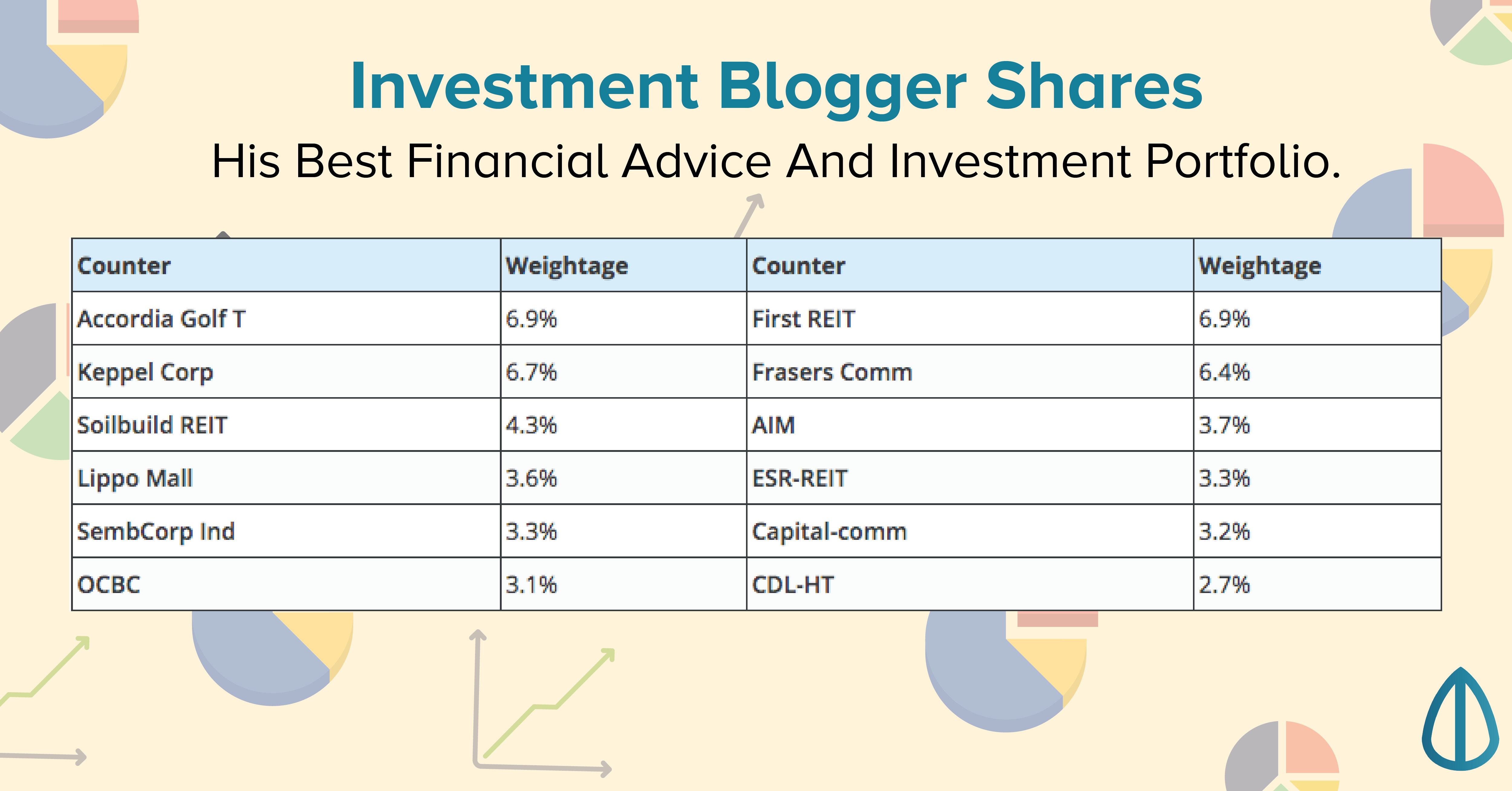Advertisement
Anonymous
Any advice on whether I should buy QQQ or QQQM or ARKK? On top of S&P 500, VOO. I’m planning to invest $1000/month. Thank you.
QQQ or QQQM or ARKK
2
Discussion (2)
Learn how to style your text
Reply
Save
Chris
27 Jun 2021
Owner and Writer at Tortoisemoney.com
Between QQQM and QQQ, the answer should always be QQQM (as long as you're not trading). Shares are easier to purchase, since they are cheaper and the expense ratio is lower on QQQM (0.18% vs 0.20%).
Between QQQM and ARKK, personally, I'd take QQQM. While not as trendy or exciting as ARKK, I like QQQM because firstly, QQQM is more than just tech (although still tech heavy). It has its fingers in consumer staples, media & comms as well as consumer discretionary.
Secondly, actively managed funds rely on the ability of the team behind the fund to perform well. While that may sound obvious, this is placing a lot of reliance on the stock pickers which makes your investment a much less hands-off process. This is as opposed to QQQM, which is following the Nasdaq-100 Index. As such, this makes it kinda similar to VOO, a simple ETF that tracks a large index, rebalanced regularly.
Lastly, of course, QQQM has a lower expense ratio than ARKK (0.18% vs 0.75%). It may not seem like much, but a mere difference in 0.5% in expense ratio over 20 years can cost you a reduction in gains of almost 40k (assuming same underlying performance of 10% a year). Of course, you pay a higher expense ratio with the expectation to outperform, but do remember that the expense ratio goes on even when the fund is performing badly.
Reply
Save
Write your thoughts
Related Articles
Related Posts
Related Posts
Advertisement







True, and then what is the % of professional active mutual fund (or unit trust) managers that over longterm beat the markets?
when you, as a sports activity, look into the available pdf factsheets of equity mutual funds on the internet you'll find in the tables & figures that the majority underperforms their own given benchmarks over more than 5 year intervals, if not, sometimes the given benchmarks could be inappropriate compared to the actual holdings.
difficult.
yes, QQQM would also be my preference, large (enough) and cheap, passive indexing, which helps a lot.